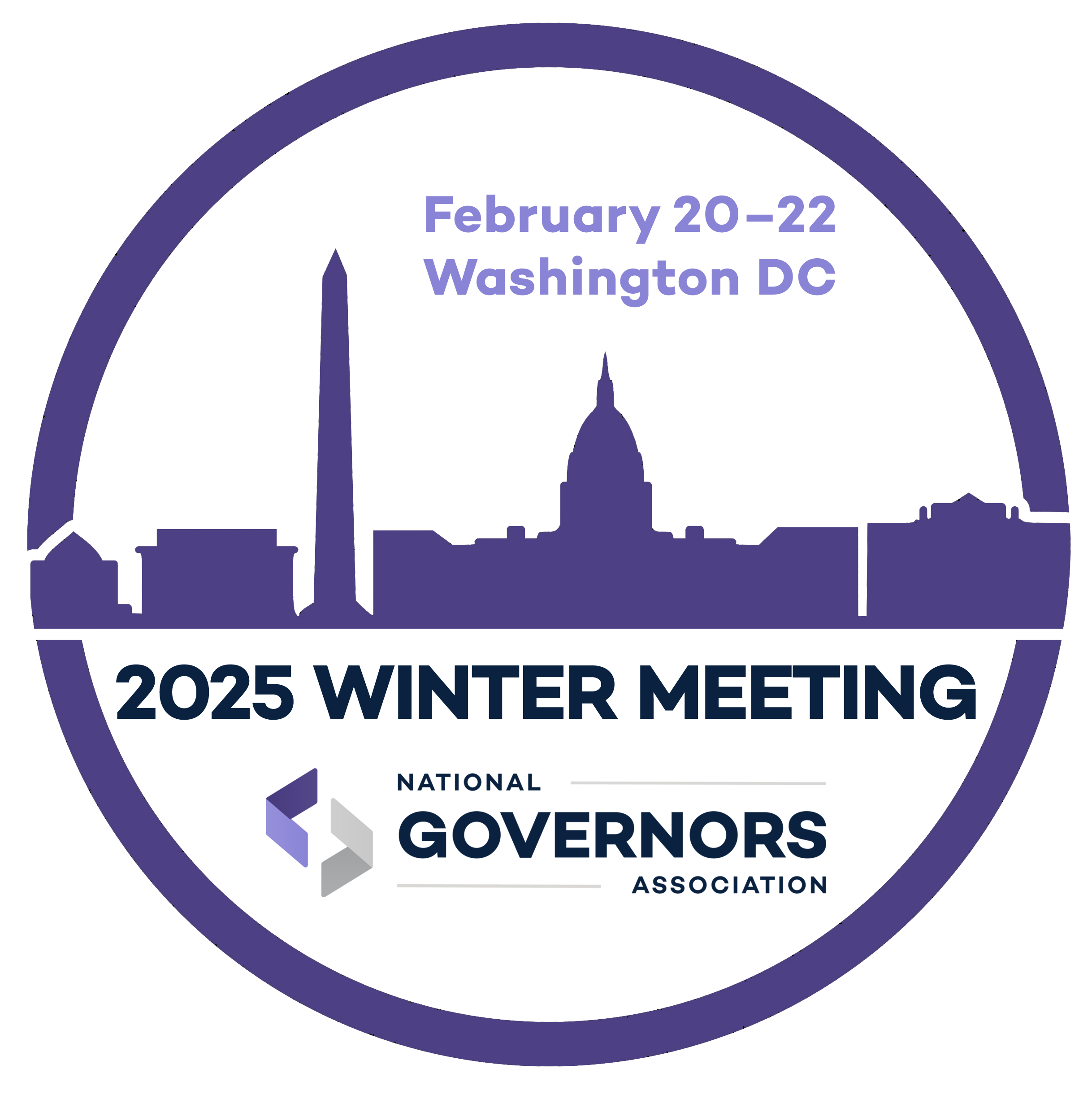The Honorable Roy Blunt
Chair
Appropriations Subcommittee on
Labor, Health and Human Services and Education
U.S. Senate
Washington, DC 20510
The Honorable Patty Murray
Ranking Member
Appropriations Subcommittee on
Labor, Health and Human Services and Education
U.S. Senate
Washington, DC 20510
The Honorable Tom Cole
Chair
Appropriations Subcommittee on
Labor, Health and Human Services and Education
U.S. House of Representatives
Washington, DC 20515
The Honorable Rosa DeLauro
Ranking Member
Appropriations Subcommittee on
Labor, Health and Human Services and Education
U.S. House of Representatives
Washington, DC 20515
Dear Chairman Blunt, Ranking Member Murray, Chairman Cole, and Ranking Member DeLauro:
State economies are built on a foundation of education and workforce training. On behalf of the nation’s governors, we urge Congress to uphold the state-federal partnership on this foundation, build on the investments in the fiscal year 2017 omnibus, and prioritize funding for federal education and workforce programs in the budget and appropriations for fiscal year 2018.
Redesigning federal job-training policy under the Workforce Innovation and Opportunity Act (WIOA) and empowering states to improve K-12 education under the Every Student Succeeds Act (ESSA) were the hallmark bipartisan achievements of the 113th and 114th Congresses. With this legislation, members of the House and Senate delivered unprecedented opportunities for state and local innovation, opportunities that, ultimately, will only be realized if federal funding for education and workforce programs is sustainable.
Governors collectively call on Congress to prioritize investments in the following critical federal programs to ensure that costs are not shifted to states, program objectives are met and citizens in our states are prepared for successful lives:
- All programs under the Every Student Succeeds Act (ESSA) – States’ transition from the federal overreach of No Child Left Behind cannot proceed without the investments Congress promised states for programs under ESSA, including funding for Supporting Effective Instruction state grants, 21st Century Community Learning Centers and the Student Support and Academic Enrichment block grant.
- All programs under the Workforce Innovation and Opportunity Act (WIOA) – Governors have leveraged federal job-training funds to recover from recessions, grow small businesses and attract industries to their states. Without further investment in WIOA formula programs and the Governors’ workforce reserve, state economies will be at risk.
- State grants under the Perkins Career and Technical Education Act – Governors are using Perkins funding to reduce remediation, fuel innovation in schools and provide students with hands-on learning in real-world environments. The federal funding stream for Perkins must remain strong to ensure students are prepared for a 21st century economy.
- Preschool Development Grants – Governors understand that early childhood education is a key component of building a literate and skilled workforce. Over the past three years, Preschool Development Grants have become an indispensable tool for governors in 18 states to expand access and improve quality for our youngest learners. We need sustainable funding for this program so that governors in even more states have access to these opportunities.
- Part B and Part C state grants under the Individuals with Disabilities Education Act (IDEA) – For decades, the federal government has consistently failed to meet its commitment to fund, in full, 40 percent of the excess costs to states of educating students with disabilities. Without addressing the underfunding of IDEA, Congress will exacerbate the mandates under this law.
Governors’ message to Congress is clear: There must be careful consideration as to how to appropriately invest in these types of programs (and many others). Otherwise, cuts and changes not carefully considered could lead to a deterioration of state budgets.
As CEOs of our states, we understand the difficult budgetary decisions ahead for Congress. Governors stand ready to partner with you to creatively address fiscal challenges and produce federal funding solutions that allow the economy of our nation and each state to remain strong.
Sincerely,
Governor Brian Sandoval
State of Nevada
Governor Jay Inslee
State of Washington
Cc:
Chair and Ranking Member of the Senate Committee on Appropriations
Chair and Ranking Member of the House Committee on Appropriations
The Honorable Mick Mulvaney, Director of the Office of Management and Budget













